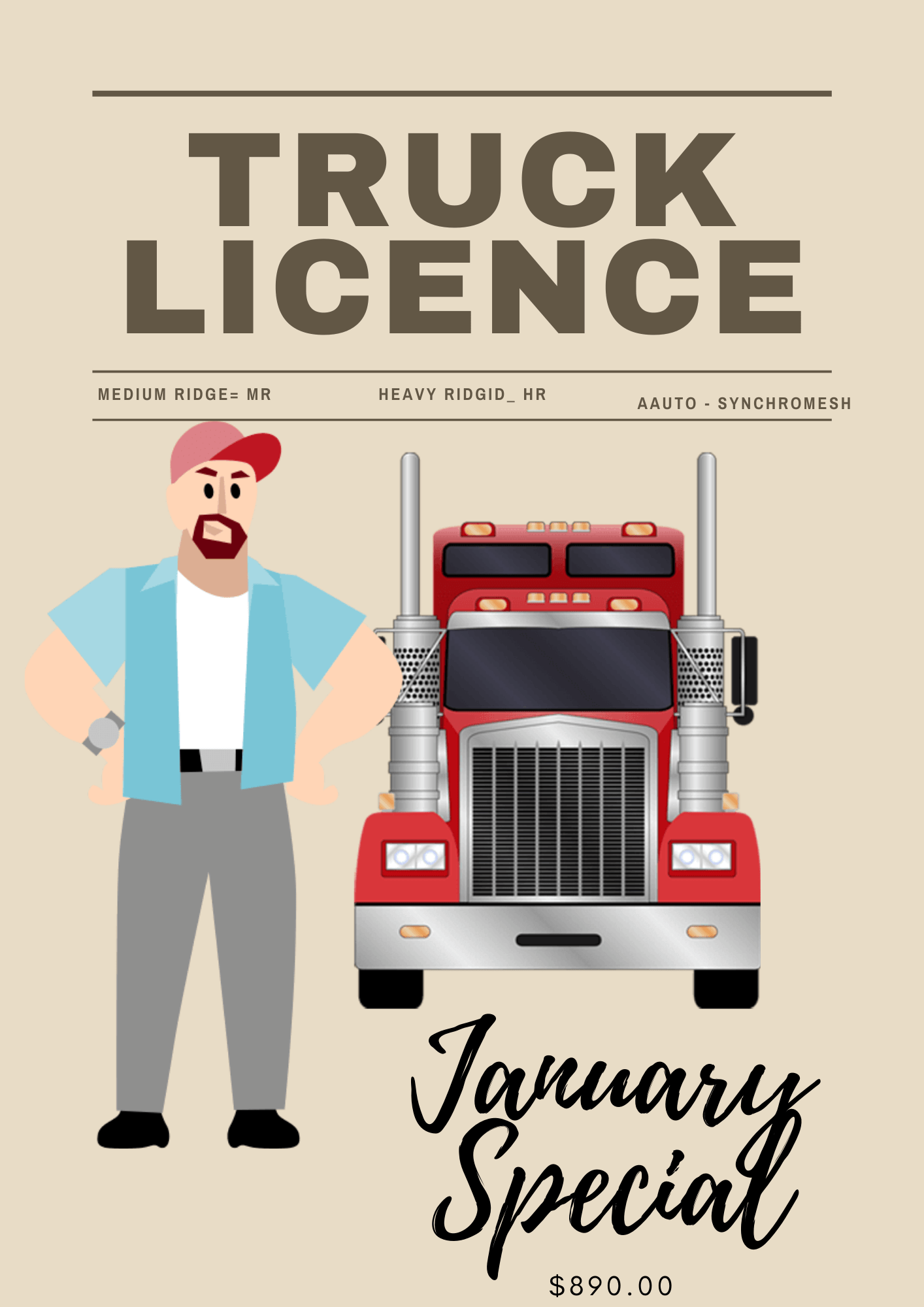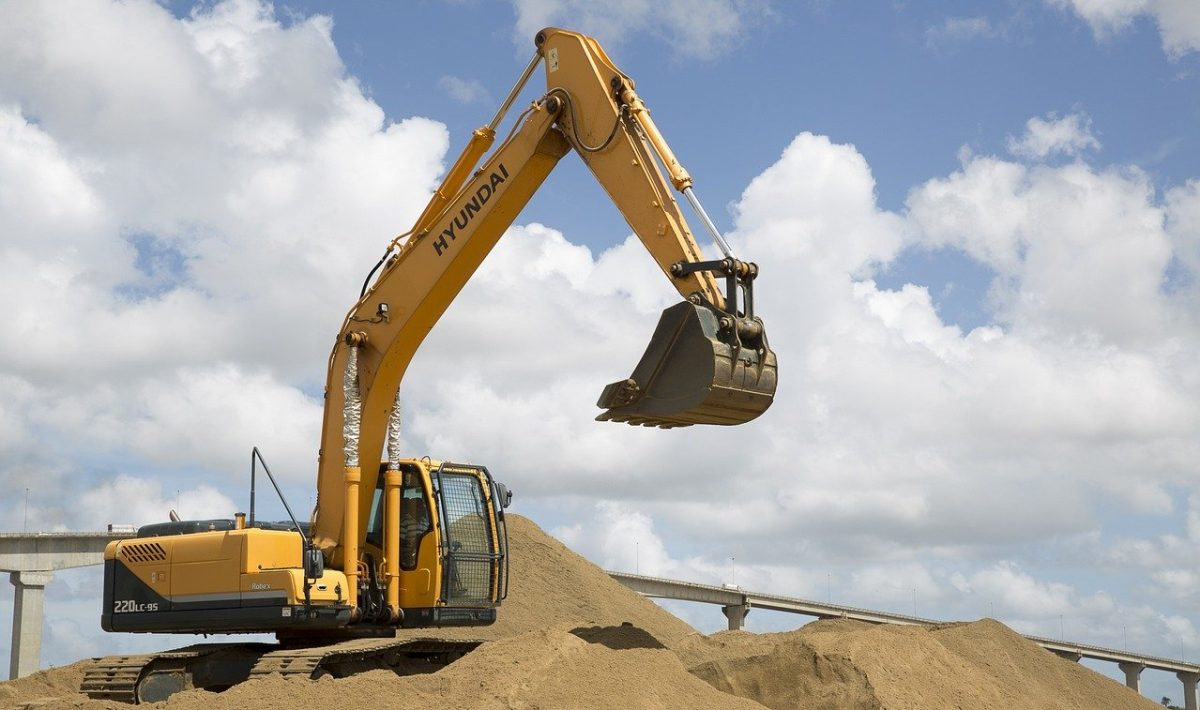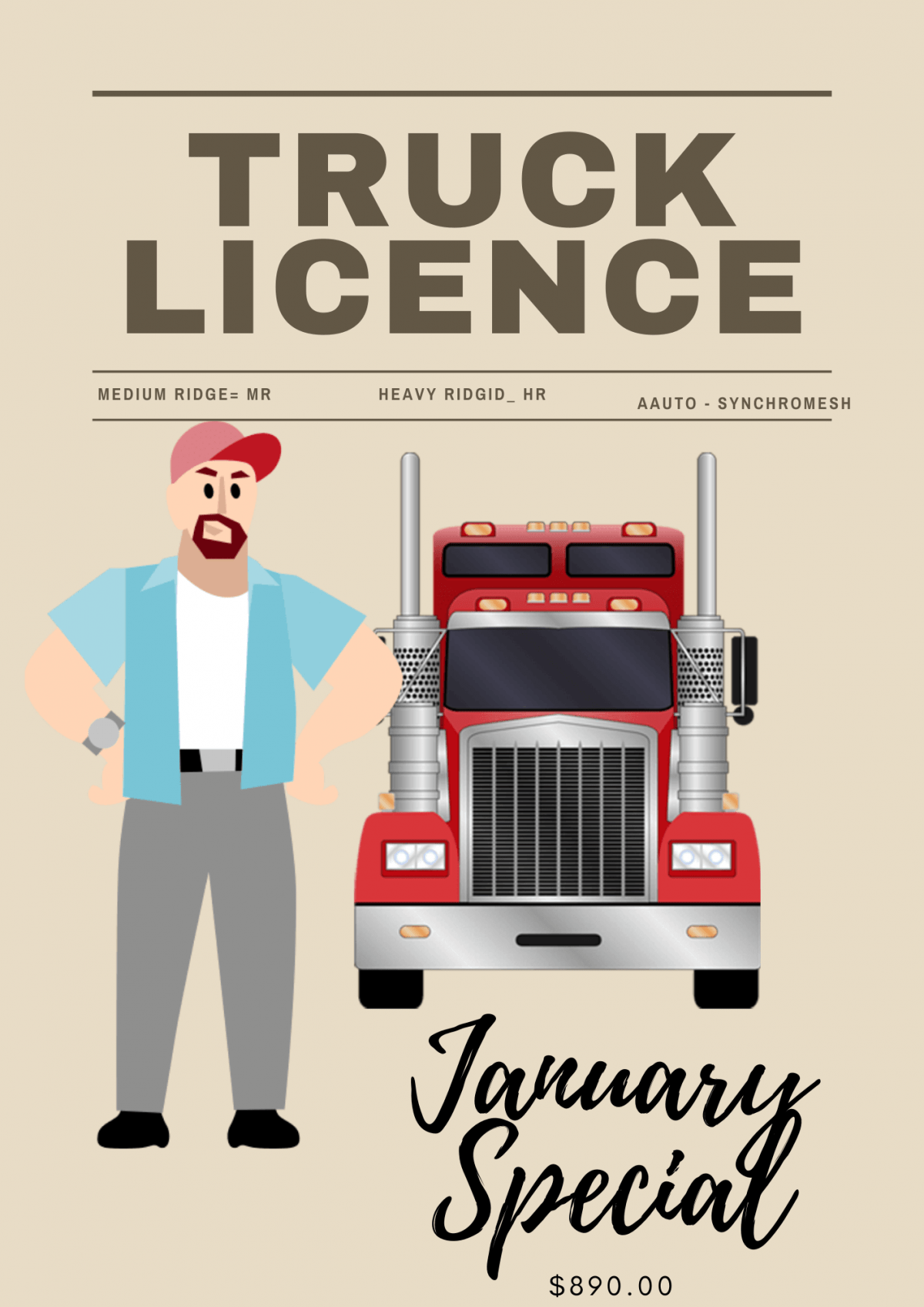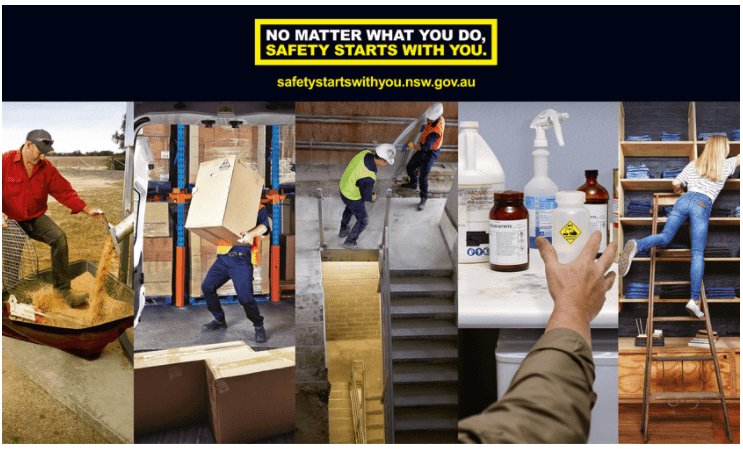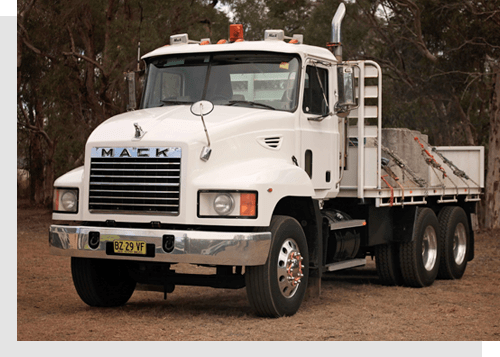Going for your heavy-vehicle license can be daunting and stressful. It can be intimidating driving a large, heavy vehicle, let alone being assessed by a truck driving school at the same time.
The team here at Aus LoadShifting are here to relieve some of the pressure by giving you some top tips on how you can increase your chances of passing your practice and theory, heavy vehicle driving test.
What is classified as a heavy vehicle?
When you go through your assessment for a truck license in New South Wales, you need to complete your HVCBA (Heavy Vehicle Competency Based Assessment) to obtain your license.
Here at Aus LoadShifting, we are registered to provide training and assessment for five different categories of heavy vehicle. These include:
- LR – Light rigid – small buses or trucks
- MR – Medium rigid – Medium rigid trucks or buses
- HR – Heavy rigid – Heavy rigid trucks or buses
- HC – Heavy combination – Heavy articulated vehicles
- MC – Multi combination – B-doubles, prime mover, road trains
In NSW you need a license to drive any truck above a 4.5-tonne GVM (gross vehicle mass). Hefty fines apply for driving these vehicles without the required licenses.
The experts here at Aus LoadShifting conduct tests and assessments for these vehicles at our Londonderry training centre, or on-site at your own place of employment utilising your companies equipment.
Related Post: Guide to Getting a Truck Licence in Sydney,NSW
How long does the process take?
If you prove to be a competent operator, then most assessments can be obtained in one day. Here at Aus LoadShifting, we think it is essential to spend as much time operating the vehicle as possible so we can give you the tools you need to be a safe and skilled HR driver.
The minimum drive time required for your license in five to six hours, depending on the class of heavy vehicle. Your theory exam takes about approximately an hour to complete.
What are the prerequisites for a heavy vehicle license?
Each student obtaining their license through Aus LoadShifting must have a current drivers license or C-class car license. This license must have been held for a minimum of one year on a P2 or full license. You must also pass an eyesight test, or have the correct prescribed glasses for your personal requirements.
What is involved in a DKT?
Your driving knowledge test (DKT) will involve two parts, a practical assessment of your on-road knowledge and driving skills, as well as a theory assessment on the safe operation of the vehicle, skills and understanding of road rules and protocols for driving heavy vehicles.
How to best prepare for your test
Failing to prepare is preparing to fail. Driving a heavy vehicle can present some real challenges and takes the utmost responsibility and vigilance.
The more you can do to prepare for your test, the easier it will be, and the more confident you will be behind the wheel for the first time. Here are some things you can do to best prepare for your assessments.
Study online
There are many resources online that can teach you more about driving and maintaining a heavy vehicle. Transport for NSW provides Heavy Vehicle Driver Handbooks and practice tests that will give you a good idea of what your assessment may entail.
You can also find useful information at Roads and Maritime Services (RMS), Safe Work NSW and Australian Skills Quality Authority (ASQA). To pass your assessment, you will have to show high competence in both tests, so best to get a head start.
Plan ahead
Make sure you know what you need to bring on the day. The day of your assessment, you will need to make sure you remember:
- Current driver license
- Logbook
- Closed in shoes or boots
- High visibility workwear
If you book your assessment with Aus LoadShifting, you will be notified if anything else is required on the day. Feel free to contact our friendly staff if you have any questions.
If you know someone who already has their Heavy vehicle license, it may be worth asking them some questions too. You can learn a lot from other peoples experiences.
Extra tips
Although the pass rate is very high, not everyone passes their license attempt first go, and some may have to resit their test another time round. Here are some other things worth considering.
Don’t forget the basics
During your test, you will be expected to know and adhere to all road rules and show full control over the vehicle. Under the pressure of a trial, you can sometimes miss simple things.
Some diligent study beforehand, to better understand the laws and road rules pertaining to your new vehicle license, would serve you well.
Get to know heavy vehicles
The dynamics of a truck are quite different from that of a car. You are dealing with a much higher, longer and heavier vehicle than you may be used to.
You will have to be extra diligent with breaking and showing due care when turning corners and slowing down at stop points. There are many resources online discussing the physics of trucks and carrying loads, and it is worth doing some investigation.
Learn basic pre-checks
Every truck has its unique checks, but many pre-checks on heavy vehicles are universal. Getting familiar with them before your test can lessen a bit of the pressure on the day. Pre-checks could include things like:
- Fluids – oil, brakes, radiator, power steering
- Tyres and wheel nuts
- Mudguards, kilometres and RUC
- Engine, hose and leak checks
- Fuel caps
- Lights
There is a range of other checks that will probably be required, so it is worth committing as many to memory as possible before the test day.
The team here at Aus LoadShifting has been helping people gain their heavy-vehicle licenses, and high-risk tickets since 2009. We provide smaller classes to give you more machine time and personal attention so you can be confident in your heavy vehicle driving skills.
If you are looking for an experienced and reputable truck driving school in Sydney and surrounding areas, then call our friendly staff today for more information. Fill out our enquiry form, and we can contact you at your next convenience.
